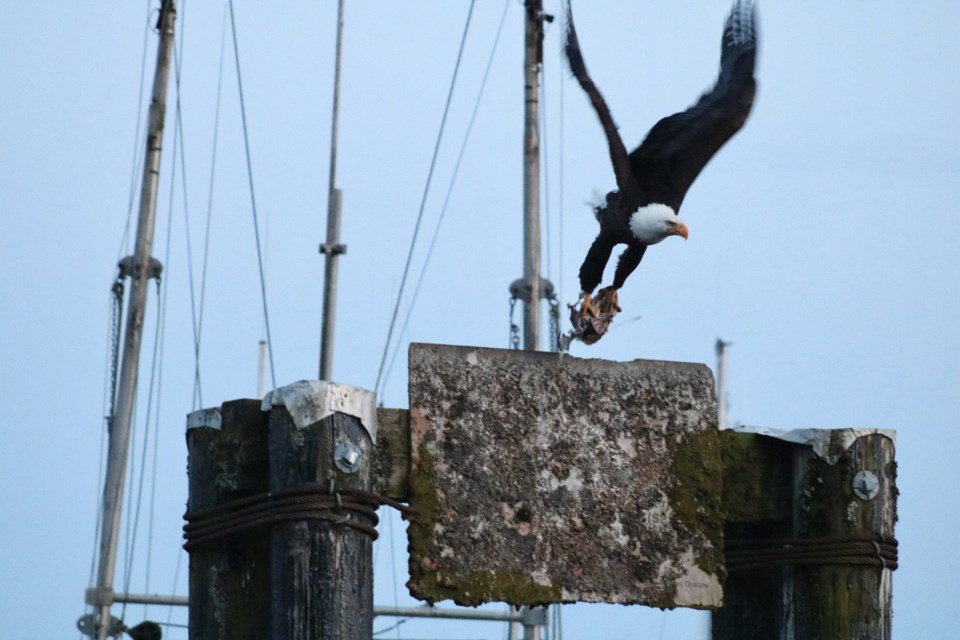The Nature Conservancy of Canada (NCC) is holding a virtual event encouraging people to observe nature and learn more about habitats and species in their backyards, neighbourhoods, and wherever they find nature.
The Big Backyard BioBlitz is part of the non-profit organization’s mandate to connect Canadians with nature. By registering for the event at natureconservancy.ca/2021bioblitz and then going out into nature to take photos, Canadians can make a meaningful contribution to conservation and our understanding of wild species and natural habitats. Citizen science is just what it sounds like, community members like you contributing to science.
Data collected from backyards and greenspaces across the country help to build our knowledge about wildlife and can even help inform conservation actions.
“Anyone can participate. It’s a great way for people of all ages to look at nature more closely and learn about the plant and animal species close to home,” said Dan Kraus, senior conservation biologist with NCC. “Spending time outdoors is also beneficial for our physical and mental well-being. This is a great way to connect with nature and fellow nature lovers, while contributing to our collective knowledge on Canada’s wildlife.”
Here’s how it works: People can register anytime during the BioBlitz week between July 29 and Aug. 2 at natureconservancy.ca/2021bioblitz. They will then receive access to a participant package with instructions on how to submit their photos, as well as activity sheets for kids, fact sheets and resources to learn more about species identification. They can then head outside and observe plants, animals and insects, snap photos and upload the images, which will be reviewed by a global network of scientists.
Participants don’t need to be experts either; once photos are uploaded to iNaturalist, the online community of experts will help identify what’s been found! Keep an eye out for large animals like kestrels in the Kootenays, and even small life forms like bugs and fungi in the forests along the coast. All observations made during the 2021 BioBlitz help illustrate the state of ecosystems across B.C. this year.


